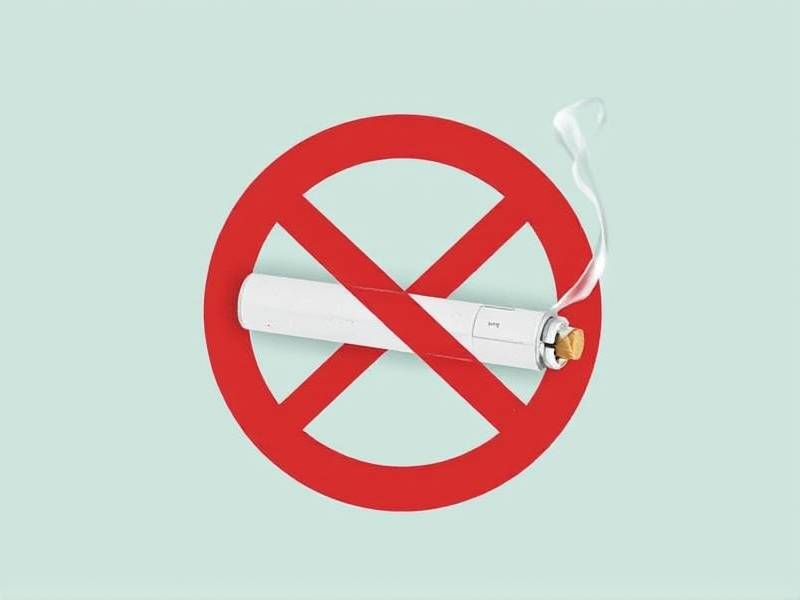How Soon After Quitting Smoking Does Fertility Increase? The Science Behind the Wait
Understanding the Impact of Smoking on Fertility
The relationship between smoking and fertility has long been a subject of concern for both individuals and healthcare professionals. Smoking is not only detrimental to overall health but also has a significant impact on reproductive health. This article delves into the science behind fertility increase after quitting smoking, providing insights into how soon one can expect to see improvements in their reproductive capabilities.
The Immediate Impact of Quitting Smoking
When you quit smoking, your body begins an immediate process of healing and recovery. The first few days are critical, as your body starts to rid itself of nicotine and other harmful chemicals. This process can lead to a range of physical symptoms, such as increased appetite, irritability, and headaches. However, these symptoms are a sign that your body is on its way to recovery.
The Gradual Recovery of Reproductive Health
Research indicates that fertility begins to improve shortly after quitting smoking. A study published in the "Journal of the American Medical Association" found that women who quit smoking experienced an increase in fertility rates within three months. Men also saw improvements in sperm quality within this timeframe.

Why Does Fertility Improve?
The primary reason for this improvement is the reduction in oxidative stress caused by smoking. Nicotine and other chemicals in cigarettes can damage DNA and interfere with reproductive cells. By quitting smoking, you give your body the chance to repair this damage and restore normal reproductive function.
Long-term Benefits
While fertility may improve within three months, it's important to note that quitting smoking has long-term benefits for reproductive health. Studies have shown that women who quit smoking before conception have a lower risk of miscarriage and ectopic pregnancy. Men who quit may experience further improvements in sperm quality over time.
Patience is Key
While it's encouraging to know that fertility improves after quitting smoking, it's important to maintain patience. Each individual's recovery process is unique, and some may experience improvements more quickly than others.
Factors That May Influence Recovery Time
- Age: Younger individuals tend to recover faster from the effects of smoking.
- Duration of Smoking: Longer periods of smoking can lead to more significant damage.
- Overall Health: Individuals with better overall health may recover more quickly.
Conclusion
Quitting smoking is a significant step towards improving your overall health and well-being. Understanding the science behind fertility increase after quitting can provide hope and motivation for those struggling with reproductive challenges due to tobacco use.

Remember, it's never too late to quit. Your body will begin its healing journey immediately, leading to improved fertility rates over time. For personalized advice and support on quitting smoking, consult with your healthcare provider or a certified quit coach today.
